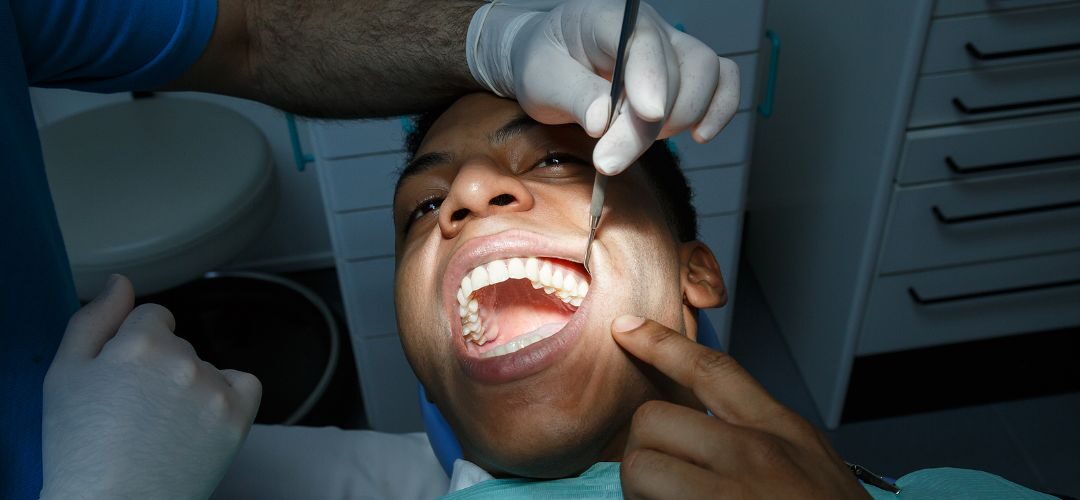Understanding the need for tooth extraction can often be an area of concern and curiosity for many individuals. At the heart of dental health is the importance of maintaining the integrity of one’s natural teeth. However, there are circumstances where tooth extractions become a necessary procedure to prevent further oral health complications.
Pro Smile Dental Care, based in Danville, CA, emphasizes the significance of professional input and care when facing dental situations that may require a tooth to be extracted. Let’s delve into the common reasons for tooth extractions and the expertise that surrounds this common dental procedure.
What Leads to Tooth Extractions?
Tooth extraction is more than just removing a tooth from its place in the gum and bone of your jaw. It is a standard dental procedure that, while common, is approached with precise care to ensure the overall well-being and oral health of the patient.
The Battle Against Decay & Disease
One of the primary reasons for tooth extraction is severe tooth decay that has reached deep into the tooth, affecting both the visible portion of the tooth and impacting the pulp and causing infections. When canal therapy fails or cannot be performed, extraction becomes necessary to prevent the spread of infection.
- Periodontal Disease: A leading cause of tooth loss, this disease affects the gum tissue and the bones supporting the teeth. When the support structure is compromised, teeth may become loose and necessitate extraction.
- Severe Tooth Decay: When a cavity breaches the outer layers of the tooth and infects the pulp, it can lead to significant pain and health issues, making extraction the viable option.
The Issue With Impacted Teeth
Wisdom teeth often present issues as they try to erupt, finding themselves stuck or “impacted” due to lack of space in the jaw or improper positioning. Impacted wisdom teeth can cause pain, infection, and even cysts, leading to the recommendation for extraction.
Keeping Orthodontic Treatment In Mind
Orthodontic treatments sometimes require the removal of one or more teeth to provide the necessary space for adjustments. This process helps in achieving a better alignment and bite without overcrowding the mouth.
Risks Of Ignoring The Need For Extraction
Neglecting the need for a tooth extraction can lead to severe oral and general health problems. Infections can spread beyond the tooth to the surrounding tissues and even into the bloodstream, posing significant health risks.
Understanding The Procedure Of Tooth Extraction
A tooth extraction involves removing a tooth from its socket in the bone. Depending on the tooth’s condition, the extraction can be simple or surgical. Dentists or oral surgeons perform extractions, ensuring the process is as comfortable as possible for the patient.
- Simple Extraction: This is performed on a tooth that can be seen in the mouth and is usually carried out under local anesthetic.
- Surgical Extraction: This involves teeth that are not visible in the mouth, such as impacted wisdom teeth. The procedure may require general anesthesia or sedation.
Managing Pain During & After Tooth Extraction
Pain management is a critical aspect of the tooth extraction process. Dentists often use local anesthesia, and for more involved procedures, sedatives like nitrous oxide or even general anesthesia may be employed to ensure the patient’s comfort.
Post-Extraction Care & Recovery
Recovery from a tooth extraction requires proper care to avoid complications. Patients are advised to follow their dentist’s instructions carefully, which include rest, medication for pain relief, and guidelines on how to manage swelling and bleeding.
The Role Of Regular Dental Visits
Visiting your dentist regularly is crucial to preventing the need for tooth extractions. Early detection of decay, gum disease, and other oral health issues can help avoid the need for more drastic treatments.
When To Consult With A Professional
Understanding the signs that may indicate the need for a tooth extraction is crucial. Persistent pain, swelling, and signs of infection are indicators that you should consult with a dental professional.
The Path Forward After Tooth Extraction
Tooth extractions, while sometimes necessary, leave a gap that can affect one’s bite and oral health. Dentists often recommend options like implants, bridges, or dentures to replace the extracted tooth and maintain the health and functionality of the patient’s mouth.
Talk To An Expert About Tooth Extraction
Pro Smile Dental Care in Danville, CA, is dedicated to providing comprehensive dental care, including consultations and procedures involving tooth extractions. Our approach is centered on ensuring our patient’s comfort and health throughout their dental journey, from initial consultation to post-extraction recovery and beyond.
If you’re experiencing dental issues or suspect you might need a tooth extraction, we encourage you to seek professional advice to explore your options and the best course of action for your oral health.





